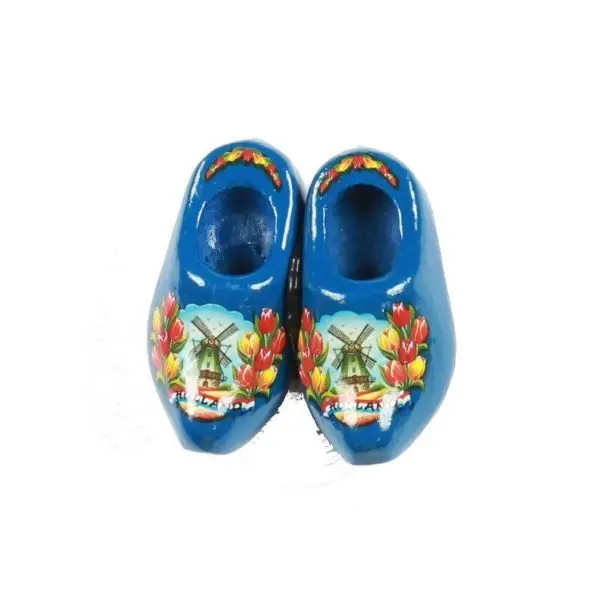In 2013, my wife and I visited some of my extended family in the Netherlands and brought back souvenirs for all of our family members here. For my sisters-in-law, we brought back tiny wooden shoe magnets like the one shown above. While I was at work one day, my mother-in-law was visiting my wife at our house. My wife had handed off the souvenir for her sister, who lived a few hours away. My mother-in-law was planning to visit my sister-in-law and brother-in-law before my wife and I could. My wife, wisely, thought to “ship” the souvenir with her mother so her sister could receive it sooner rather than later.
When I came home from work, I learned that my wife had given the souvenir to her mother and noticed that I felt frustrated. We discussed what had happened and why, and I was able to express my feelings after the fact. It was a reminder that relationships can thrive or falter based on communication.
My wife and I hadn’t discussed the souvenirs or our expectations for distributing them to family members. My wife was acting practically, aiming to distribute the souvenirs as quickly as possible, while for me, being involved in the distribution process and being present when we handed out the souvenirs was important. We hadn’t talked about it beforehand and only discussed it afterward when I realized that being present for the gift-giving was significant to me. Fortunately, our relationship didn’t end over tiny wooden shoes with magnets glued to them. We were able to validate each other’s experiences and learn from it by practicing empathic listening and striving to understand one another.
Think about your own relationships: what needs to be communicated that isn’t being discussed? Consider the minutiae, the things you might be taking for granted, or aspects you don’t think need to be talked about with your partner. How does toilet paper hang in your house? Over or under? How do you squeeze toothpaste? In the middle or from the bottom? How do you store items in your pantry? Where do the dishes go? When do you do the dishes—while cooking or after a meal? Talk about the little things so they don’t become big things.
